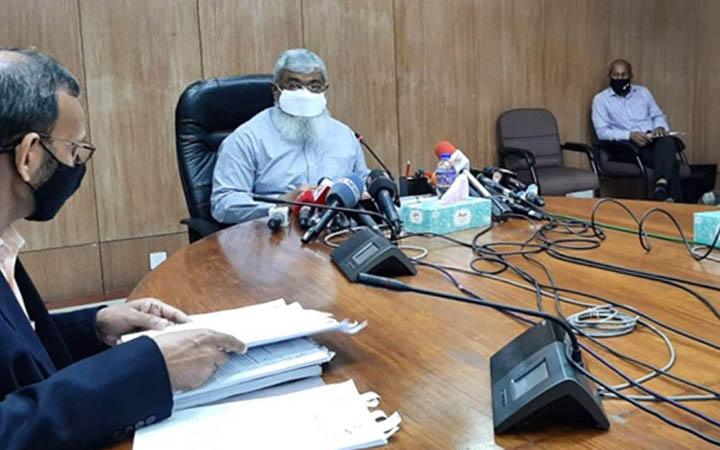Kuwait to impose tax on expatriate remittances
A Kuwaiti parliamentary committee has endorsed a draft law to impose taxes on remittances by expatriates in the country. This came despite recommendations from the government, the central bank and financial experts against such a move.
The members of the financial committee voted four to one to refer the bill to the parliament for debate among its members.
If the draft is approved, it will be referred to the government and in case the cabinet accepts it, it becomes law.
The legislative committee had earlier rejected the draft, saying that it was unconstitutional.
The Central Bank said that imposing taxes on remittances would harm Kuwait’s reputation, weaken the financial situation in the country, affect the fight against money laundering and terrorism and create a parallel black market for sending money home.
However, Salah Khorshid, the chairman of the financial committee, said that they had taken into consideration the views of consultants, legal experts and a constitution specialist to ensure there were no breach of the constitution.
He added that the government had reservations about the bill ‘because it has the intention of imposing taxes on both Kuwaiti citizens and expatriates,’ he added.
However, the committee said that taxes should be levied only on foreigners.
Under the draft law, remittance taxes will be gradual with a one per cent tax for remittances of up to KD90, two per cent for KD 100-200 remittances, three per cent for KD 300-499 and five per cent for KD 500 and more.
The remittance tax will be in addition to the commission charged by moneychangers and banks.
Several analysts who opposed imposing taxes on remittances have warned against the development of a black market and back channels that allow expatriates to send money home faster and at more convenient rates.
Source: Gulf News.
AH
14 Apr 2018,20:54
















 Live Tv
Live Tv



